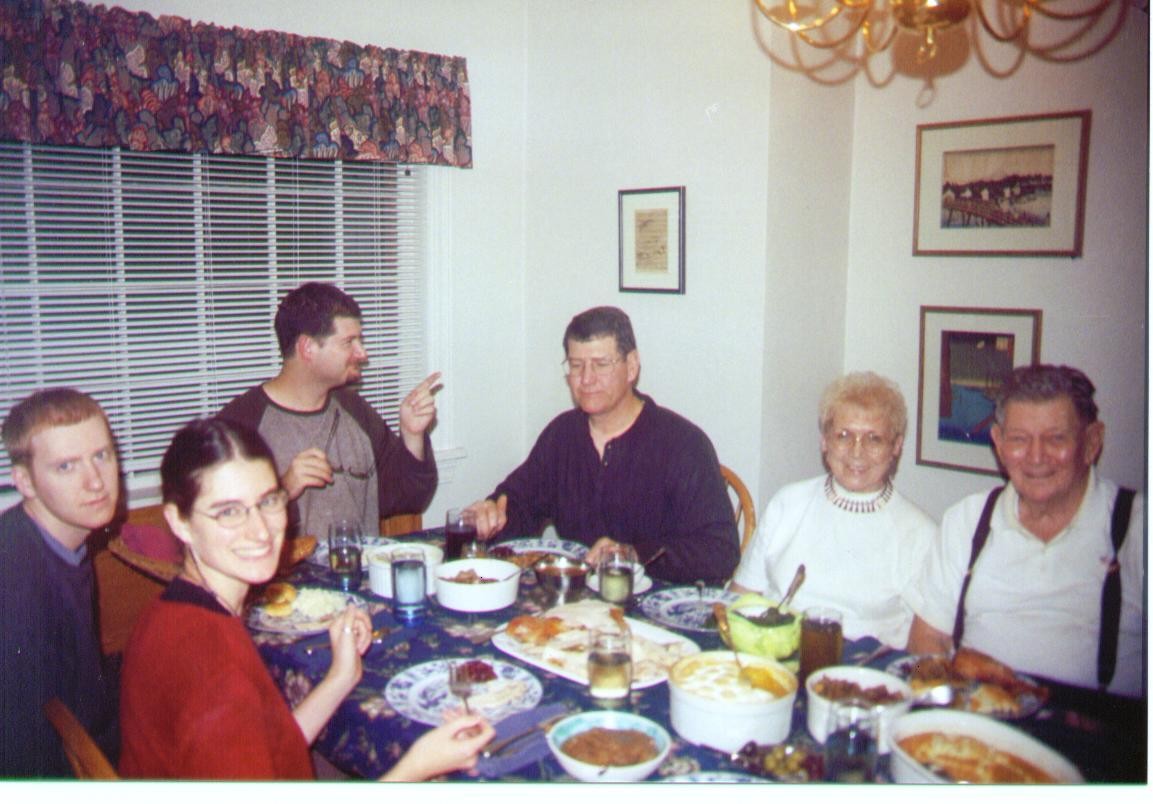This was the title (at least roughly) of a talk I attended last week.
It was phenomenal. Of course, the man speaking happened to have been one of my most favorite orators. He probably could have talked about toilet paper and I would have found it to be life-changing.
The first talk I attended by him was probably about 6 months ago, and it helped clarify for me my decision to return to the States after our time in Israel. Now for some of you, that may be shocking because perhaps you assumed that was what I'd do all along. However, it wasn't clear to me. I did want to return to the States, but I couldn't justify why that was so important to me. Not that reasons such as:
I want to be close to family when I have children (not to mention close to a health care system I at least vaguely know how to deal with) are not valid.
There's a lot of bashing of the US that goes on these days - sort of a world sport. One point he made was that America's problems are just that. America's problems. Whew - what a load off. I'm so sick and tired of feeling guilty or ashamed about being American. Oh yeah, he also made the point that no one should feel ashamed of where they come from. Good point.
So, in this more recent talk he was talking about the importance of history, and that religion is inextricably intertwined with history. But then, that isn't really my point, or what was most relevant to me.
Me - that's the point of this blog, right? :-)
Anywho, being a literature person (whether I want to be or not, it seems my training is getting the better of me), I relate to history especially through its literature. It's what brings history alive for me - when I'm studying both the literature and the history of a particular period.
And I thought about that in the context of the Baha'i Faith, as its history is being written. Where is its literature? And I mean great literature. I've seen a teen novel or two, but nothing very memorable. It is yet to be written of course. And I'm not really a great writer, but it got me thinking. Not that I have anything profound to report from that. But it got me back to thinking about the enjoyment I derive from medieval French literature, much of which is linked to the Church. Hmm. Could I actually find myself going back to studying medieval French lit.? Is it possible I could even find some relevance to it? Hmm....
He also mentioned the American Revolution. When was the American Revolution? Well, most of you can answer that with the exact dates, as he pointed out. But what was really exciting to me was that he explained that to the French, Chinese, etc., there was nothing "revolutionary" about the American Revolution. Once the revolution was over, the same people went back to doing the same things they were doing before (i.e. running the country). He said that, in his opinion, the real revolution took place once people started coming over to what later became the States, and a cultural revolution took place amongst the people. [not denying all the horrible, negative stuff that happened] That the future US citizens had a shift in thought from the world they'd left behind [no matter where they were coming from] - they were starting something new. They were doing things differently.
And for the first time in a long time, if not in my entire life, I finally understood why I was American. What about me is American. How I relate to America, and how my being American is an inescapable part of me. That culture is part of the States, and a part of me and I embrace it. More than some Americans, granted. But I suddenly felt okay being an American.
